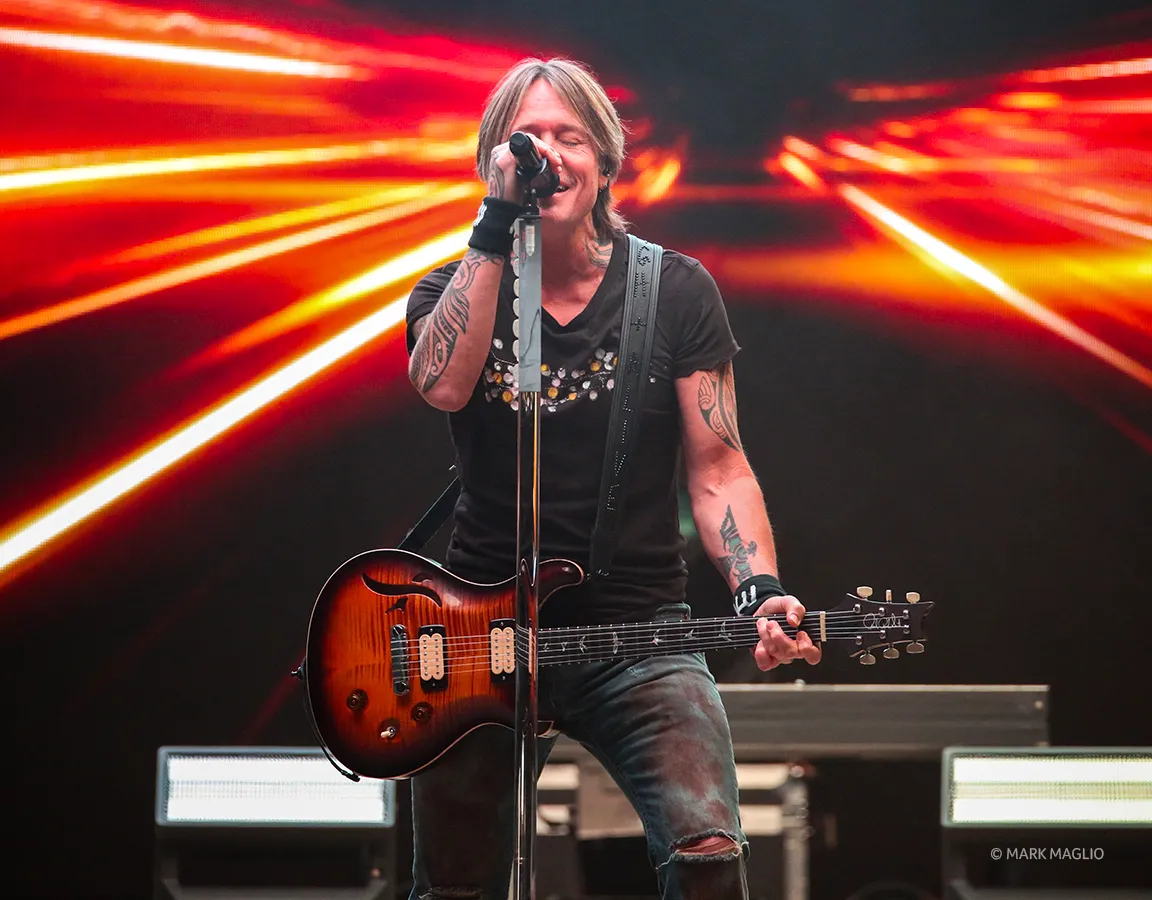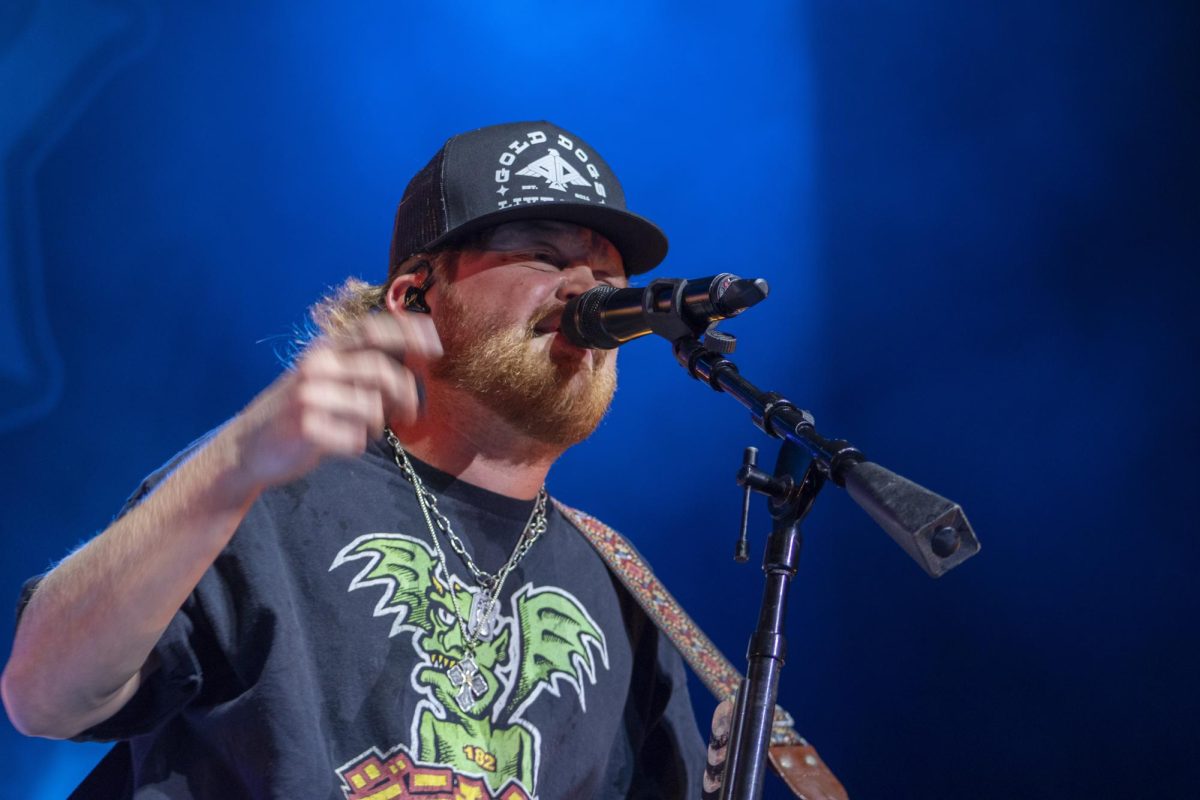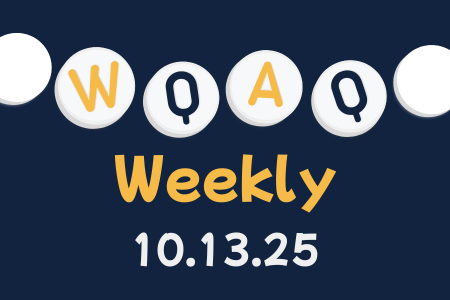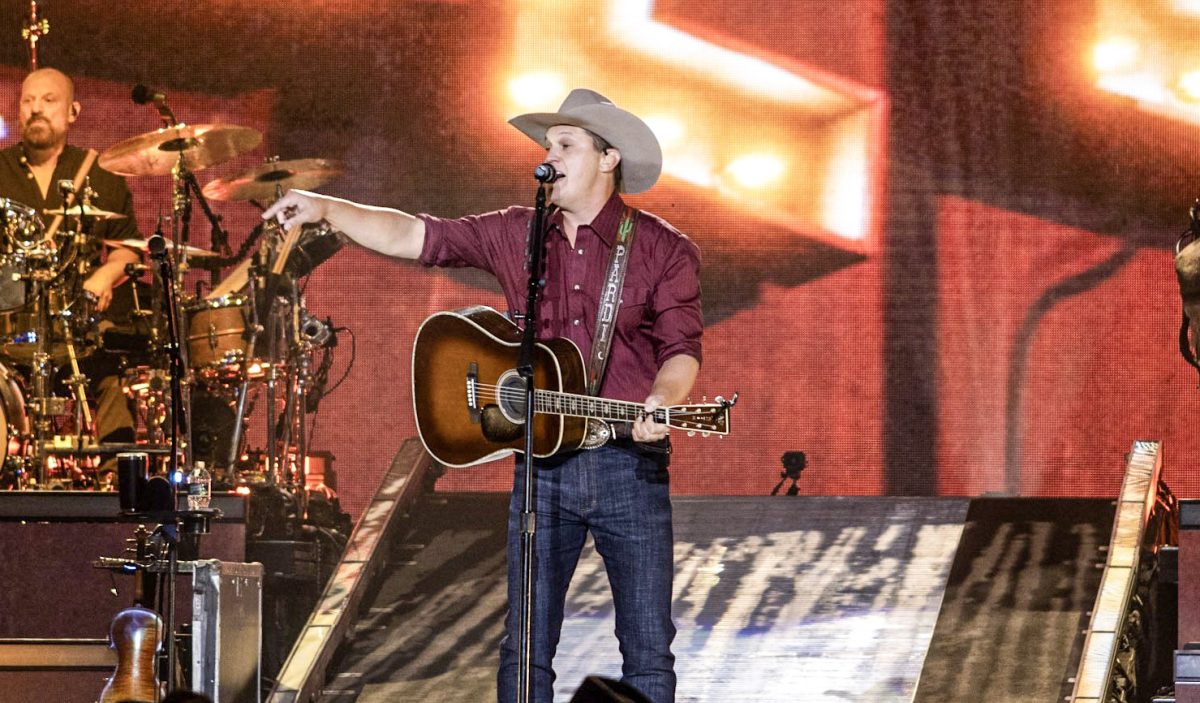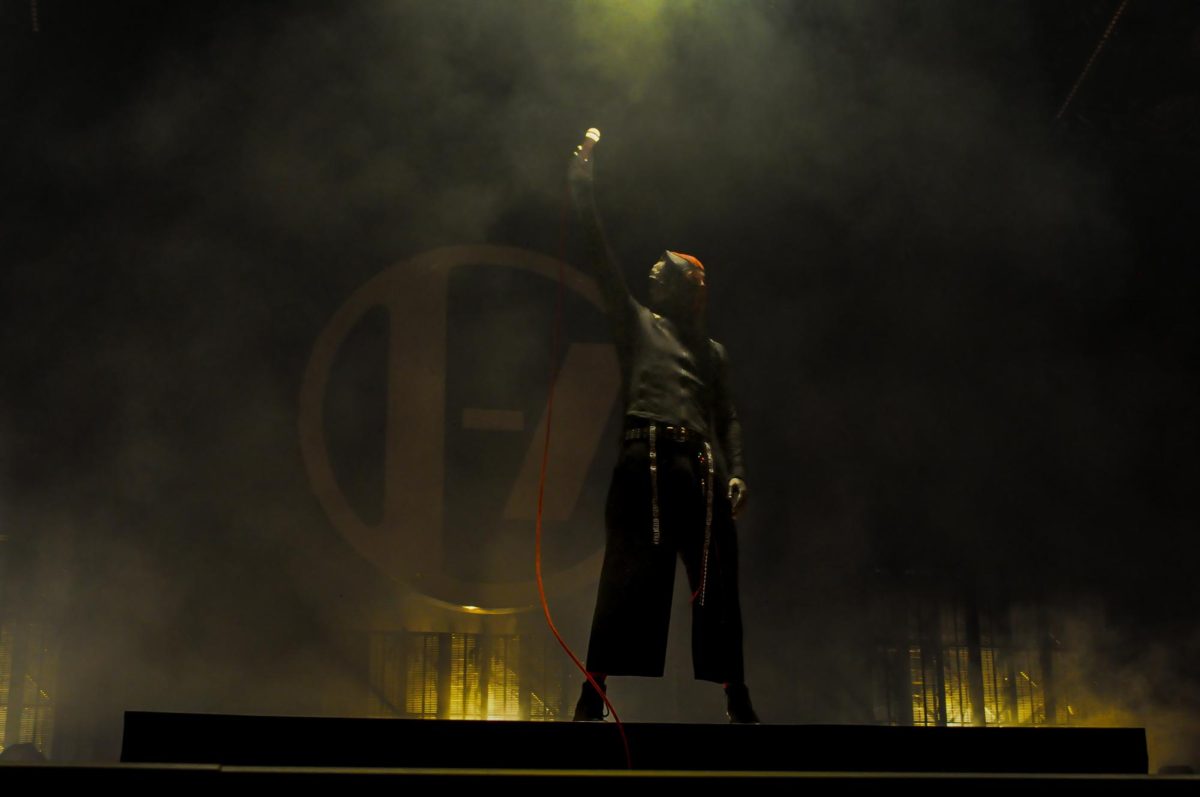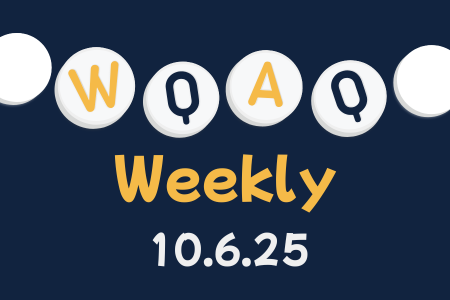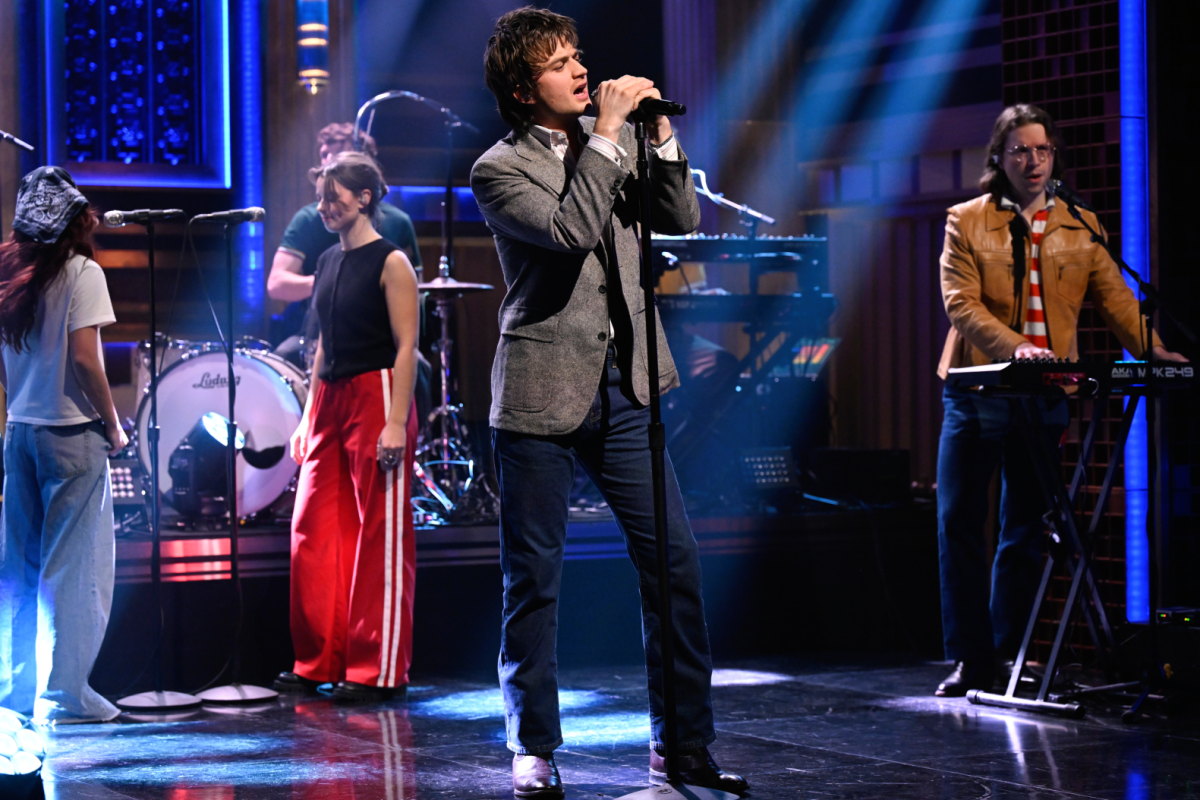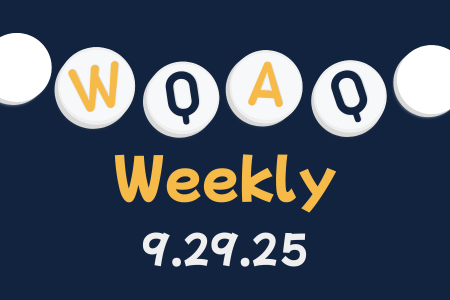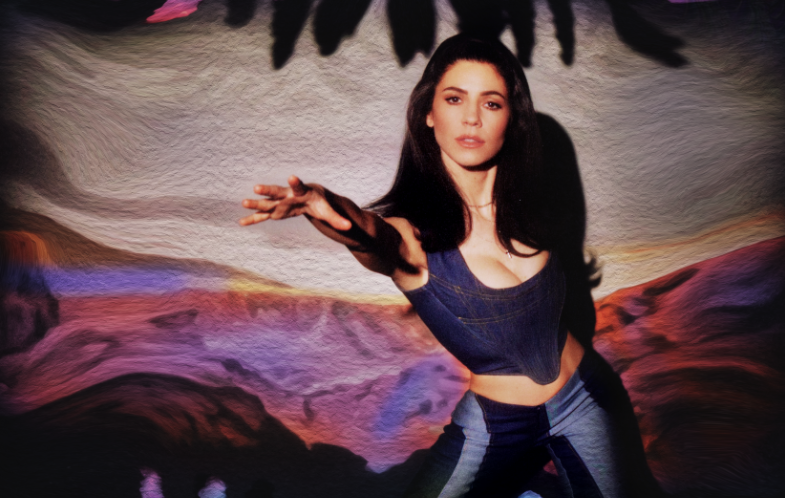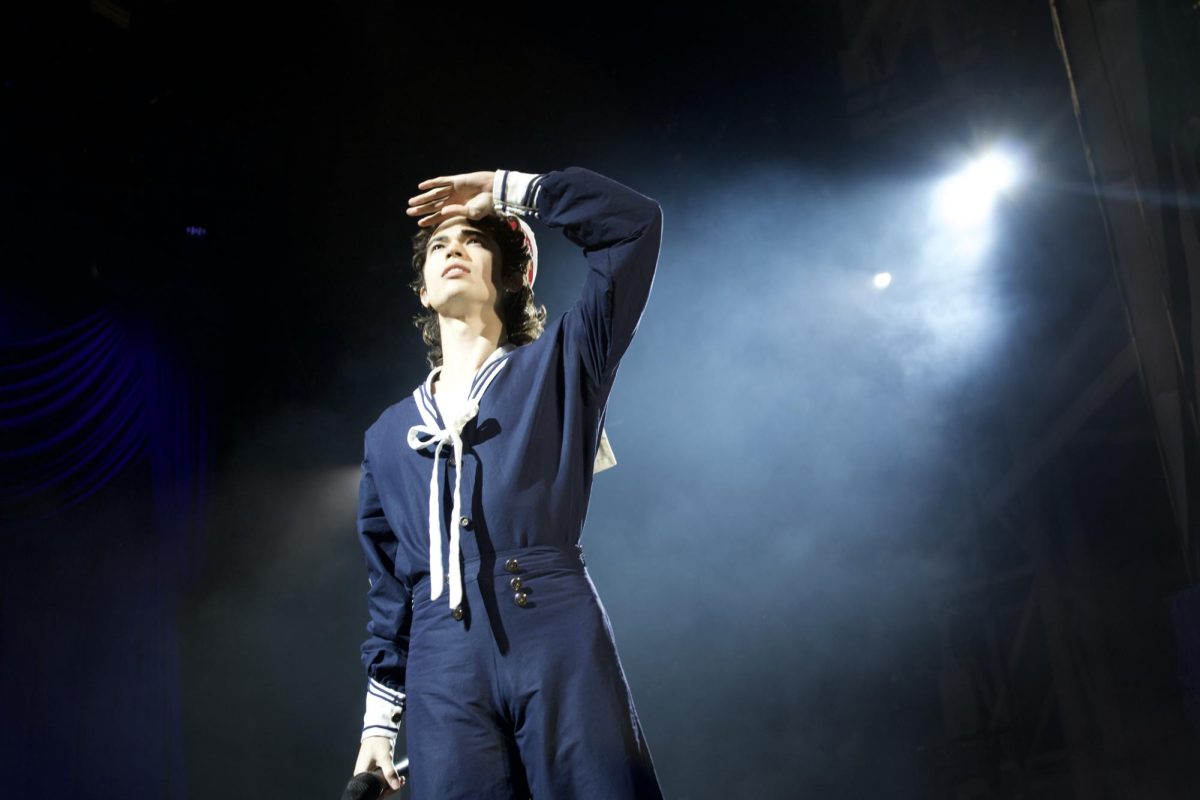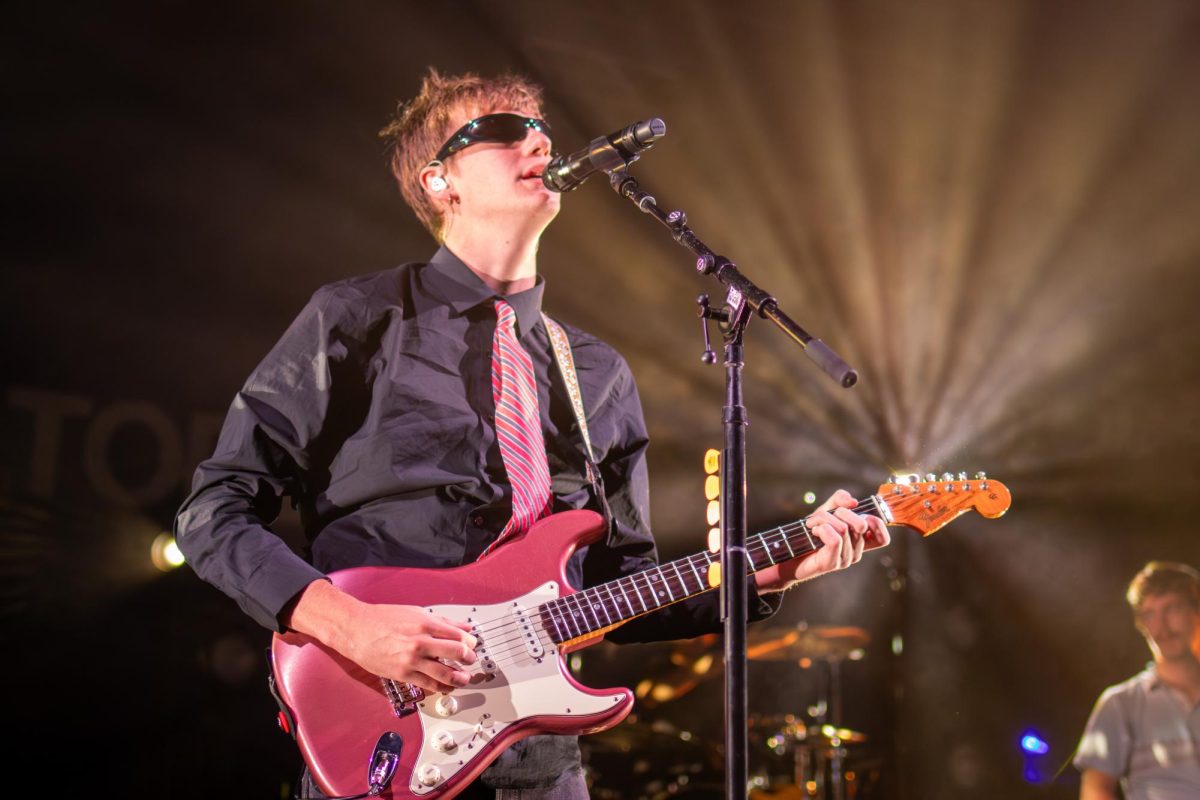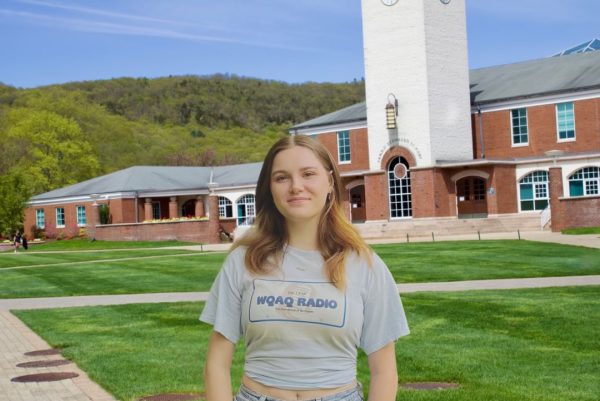In America’s current state of political polarization, it feels like more than ever we are trying to escape the “everything’s political narrative” but music has always been and will always be a powerful political tool. The role of music in political protest in America predates America itself, the now famous song “Yankee Doddle” started as a song to mock the colonists during the French and Indian War. In short, the British were calling American colonists uneducated hicks, and they would play it before going into battle. Instead of succeeding to the song, we claimed it as our own and by the time the American Revolution came around, American troops proudly sang “Yankee Doddle” while they charged into battle, and it is now famously a song of patriotic pride.
Music has continually evolved alongside America’s changing political climate. During the 1600s and 1700s, enslaved African Americans sang spirituals—songs that became a means of preserving a culture they were forbidden to openly practice. These simple yet profound songs were often radical in nature, as they expressed solidarity and a deep yearning for freedom. Spirituals have had a lasting impact, serving as the foundation of modern Black Gospel music and influencing a wave of music during the civil rights era. Billie Holiday’s song “Strange Fruit,” originally a 1937 protest poem by Abel Meeropol, addressed the lynching of Black individuals in the 1800s and early 1900s. With its slow, almost speak-singing style, “Strange Fruit” echoes the haunting quality of early spirituals.
The trend of politically charged music surged through the 1960s, resonating powerfully with the civil rights movement. Songs like Pete Seeger’s “We Shall Overcome” became rallying cries, instilling hope and encouraging activists to persevere in their fight for equality and justice. Similarly, Sam Cooke’s “A Change Is Gonna Come” emerged as an unofficial anthem for the movement, encapsulating the spirit and resilience of the era. In his 1964 book “Why We Can’t Wait,” Martin Luther King Jr. spoke to the power of music, emphasizing that songs “add hope to our determination that we shall overcome.” Through these anthems, music became not just an accompaniment to protest but a force that amplified the movement’s call for transformative change.
In the 1980s and early 2000s, a new form of political protest emerged in the form of radical rap. In its early days, the genre was filled with powerful commentary on the Black experience in America. Many songs highlighted the high levels of violence and lack of resources—such as safe housing and healthy food—affecting Black communities. By the 1990s, rap music increasingly addressed issues like the War on Drugs policies and police brutality. One of the most notable songs from this period is Tupac Shakur’s “White Man’z World,” which speaks to Black youth about the struggles of “being born Black in this white man’s world.” Another prominent voice in this era of politically charged music was the rap group Public Enemy, which rose to fame in the mid-1980s. Known for pushing boundaries and addressing social inequalities, their most famous song, “Fight the Power,” became an anthem of resistance.
Music remains an essential force in modern politics for good reason: it has the unique power to evoke deep emotions and inspire change. In 2004, Marc Brownstein, bassist of the Disco Biscuits, and Andy Bernstein founded the nationwide nonprofit HeadCount. Through HeadCount, volunteers and activists set up booths at concerts and festivals across the country, encouraging young people to register to vote, with many even signing up on the spot at these events. Since its inception, HeadCount has registered over one million new voters, underscoring the impact music can have on civic engagement.
Music also plays a symbolic role on the campaign trail, with political hopefuls selecting entrance songs designed to stir the passions of supporters. For instance, Vice President and presidential candidate Kamala Harris famously chose Beyoncé’s Freedom as her campaign anthem, a choice that became emblematic of her message and even led to Beyoncé’s endorsement during a rally in Houston. Music’s influence on politics is powerful and enduring, proving that it belongs firmly within the political arena as a tool for mobilization, connection, and change.



